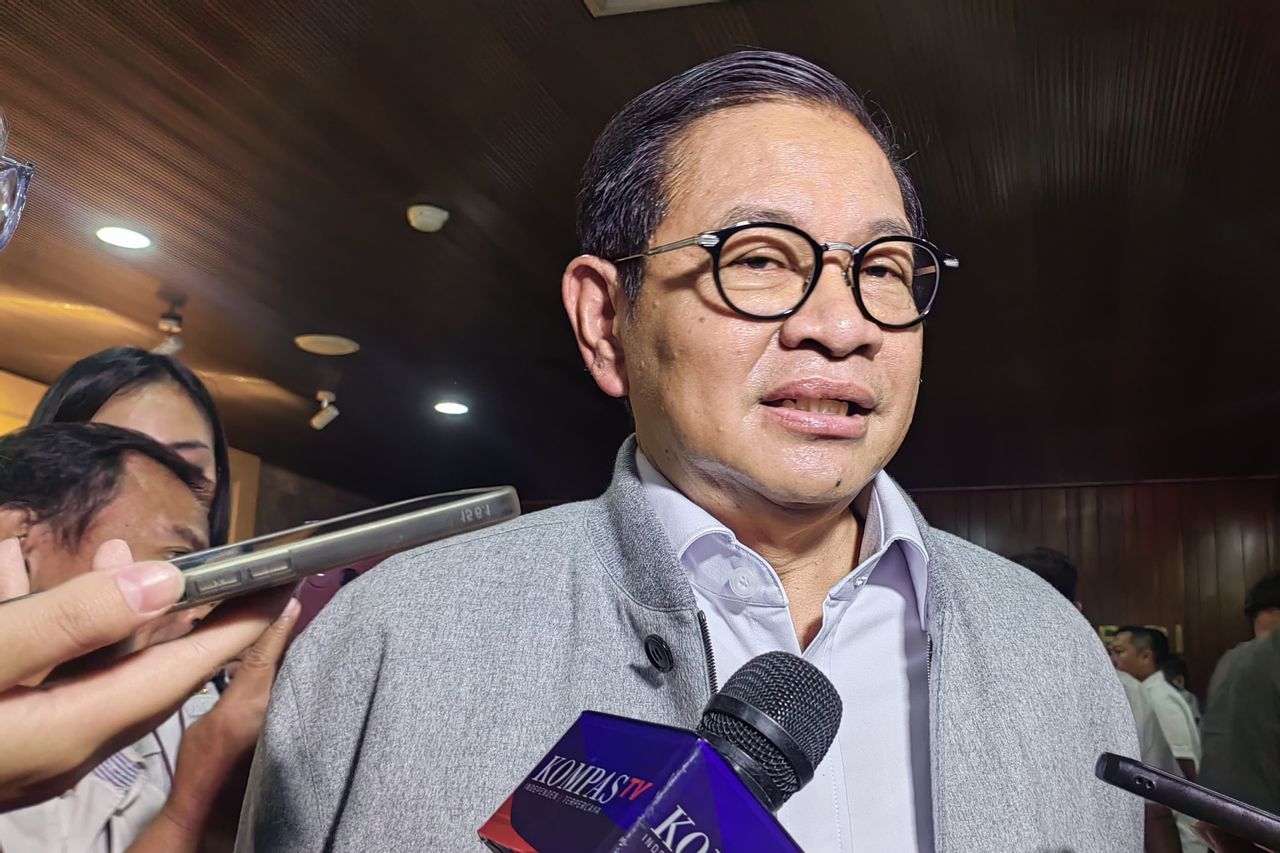Hotel Industry In Jakarta Decreased, Pramono Asked PHRI Not To LARGEly Lay Off

JAKARTA - DKI Jakarta Governor Pramono Anung hopes that hotel management in Jakarta will not cut off massive employment (PHK) in the midst of the sluggish hotel industry, as revealed by the Indonesian Hotel and Restaurant Association (PHRI) some time ago."I am in DKI Province trying my best, I have also communicated with PHRI so that there are no mass layoffs," said Pramono at Tugu Stadium, North Jakarta, Monday, June 2.Pramono admitted that the DKI Provincial Government is also trying to facilitate licensing activities, ranging from marathon events to music concerts held in Jakarta. According to him, with many activities, this can increase the occupancy of hotels rented by visitors."With this number of events, hotels can survive," said Pramono.On the one hand, Pramono also believes that the central government is is issuing policies that reduce budget tightening in order to help increase the income of hotels in Jakarya."Especially if we see that this April has started a surplus, meaning that there are indeed those steps and we will provide full support for it," he said.The Indonesian Hotel and Restaurant Association (PHRI) of DKI Jakarta noted that hotel occupancy rates in Jakarta fell, especially in the first quarter of 2025 and this condition could trigger layoffs (PHK) of employees.The DKI Jakarta PHRI Regional Leadership Agency survey in April 2025 showed that 96.7 percent of hotels reported a decline in occupancy rates."This industry is facing heavy pressure from various sides. Hotel occupancy rates have decreased, while operating costs have increased sharply and have burdened business continuity," said Chairman of BPD PHRI DKI Jakarta, Sutrisno Iwantono.Referring to the survey, 66.7 percent of respondents said the highest decline came from the government market segment, along with the budget tightening policy implemented by the government. SEE ALSO: This decline in the government market has exacerbated the dependence of the hotel industry on domestic tourists. This happens because the contribution of foreign tourists (tourists) to visits to Jakarta is still relatively small.On the other hand, the increase in operating costs is also a problem faced by hotel managers. Water rates from PDAM, said Sutrisno, increased by 71 percent, while gas prices jumped 20 percent. This is plus the annual increase in the Provincial Minimum Wage (UMP).Sutrisno said, with pressure in terms of income and unbalanced costs, many business actors began to take anticipatory steps.As many as 70 percent of respondents stated, if this condition continues without any policy interventions supporting the tourism and hospitality sectors, they will be forced to reduce the number of employees by 10 - 30 percent.The hotel and restaurant industry has contributed greatly to DKI Jakarta's revenue with an average donation of around 13 percent. Based on BPS data, in 2023 there will be more than 603,000 workers who depend on the accommodation and food and beverage sector in Jakarta.The decline in the performance of this sector is said to have had a domino effect on other sectors such as MSMEs, farmers, logistics suppliers and art-culture actors, given the close connection between supply chains and the tourism industry ecosystem. The English, Chinese, Japanese, Arabic, and French versions are automatically generated by the AI. So there may still be inaccuracies in translating, please always see Indonesian as our main language. (system supported by DigitalSiber.id)

